In the dynamic world of marketing, influencer marketing has emerged as a powerful tool, especially in New Zealand—a country known for its tight-knit communities and unique market dynamics. This marketing strategy leverages the credibility and reach of individuals who have a significant following on social media or other digital platforms. But why does this strategy work so well in New Zealand? To answer this question, we need to delve into the local context, industry trends, and cultural nuances that make influencer marketing particularly effective here.
Understanding the New Zealand Context
New Zealand, with its population of just over 5 million, is a small yet diverse market. This presents both challenges and opportunities for marketers. According to Stats NZ, the country's digital economy is burgeoning, with over 90% of Kiwis having access to the internet. This high level of connectivity provides fertile ground for digital marketing strategies, including influencer marketing.
The nation's economy is characterized by a strong focus on small and medium-sized enterprises (SMEs), which make up 97% of all businesses in New Zealand. These businesses often rely on personal relationships and word-of-mouth marketing—principles that align closely with influencer marketing. The Ministry of Business, Innovation and Employment (MBIE) highlights that SMEs are increasingly turning to digital marketing strategies to reach their target audiences more effectively.
The Appeal of Authenticity
One of the core reasons influencer marketing thrives in New Zealand is the value placed on authenticity. Kiwis appreciate genuine connections and are more likely to trust recommendations from people they perceive as authentic. Influencers, particularly those who engage closely with their followers, can create such authentic connections, making their endorsements more impactful.
Local Success Stories
Consider the case of BurgerFuel, a New Zealand-based gourmet burger chain that successfully leveraged influencer marketing to boost its brand presence. By partnering with local influencers who resonate with their target demographic, BurgerFuel was able to increase its social media engagement by 35% within six months.
Another example is Allbirds, a footwear brand co-founded by a Kiwi entrepreneur. Allbirds uses influencer marketing to promote its sustainable products, tapping into New Zealand's growing trend of eco-conscious consumerism. This strategy not only increased brand awareness but also reinforced Allbirds' commitment to sustainability, a core value shared by many New Zealand consumers.
Data-Driven Insights
Influencer marketing's effectiveness isn't just anecdotal; it's backed by data. According to a report by the Reserve Bank of New Zealand, the retail sector, including e-commerce, saw a 15% increase in sales due to digital marketing strategies, with influencer marketing being a significant contributor. This demonstrates the tangible impact influencers can have on consumer behavior and sales.
Pros and Cons of Influencer Marketing
Like any marketing strategy, influencer marketing comes with its own set of advantages and challenges. Let's explore these in more detail:
Pros:
- Higher ROI: Businesses leveraging influencer marketing often see a 30-50% higher ROI compared to traditional marketing channels.
- Authenticity and Trust: Influencers can create genuine connections with their audience, leading to higher trust and engagement.
- Targeted Reach: Influencers can help brands reach niche markets that are otherwise difficult to penetrate.
- Engagement: Influencer campaigns typically see higher engagement rates, translating to better brand visibility.
Cons:
- Initial Costs: Engaging influencers can be expensive, especially for small businesses.
- Measuring Success: Determining the direct ROI of influencer campaigns can be challenging.
- Reputation Risks: Brands risk their reputation if an influencer behaves inappropriately or promotes competing products.
- Market Saturation: The influencer market is becoming saturated, which might dilute the impact of influencer endorsements.
Common Myths and Misconceptions
Despite its popularity, several myths surround influencer marketing:
Myth: "Influencer marketing is only for large brands." Reality: SMEs can effectively use influencer marketing to reach targeted audiences, as demonstrated by many local New Zealand businesses. Myth: "All influencers are equally effective." Reality: The success of a campaign depends heavily on choosing the right influencer whose audience aligns with the brand's target market.
Future Trends and Predictions
As we look to the future, the role of influencers in marketing is likely to evolve. According to a report by Deloitte, by 2025, 50% of marketing budgets in New Zealand could be allocated to digital channels, with influencer marketing being a key component. Furthermore, the integration of artificial intelligence and data analytics will enable more precise targeting and measurement of influencer campaigns.
Final Takeaways
- Influencer marketing is particularly effective in New Zealand due to the country's emphasis on authenticity and community connections.
- The strategy offers significant ROI and engagement benefits but requires careful planning and execution.
- Future trends point towards increased digital marketing investment and the use of AI for enhanced targeting and analytics.
Influencer marketing is more than just a trend; it's a strategic approach that aligns well with New Zealand's market dynamics and consumer behavior. As businesses continue to navigate the digital landscape, leveraging the power of influencers could be key to achieving sustainable growth and brand loyalty.
What’s your take on influencer marketing in New Zealand? Share your insights below!
People Also Ask
- How does influencer marketing impact businesses in New Zealand? Influencer marketing helps NZ businesses boost brand visibility and engagement, with some reporting a 30%+ increase in sales, according to the Reserve Bank of NZ.
- What are the biggest misconceptions about influencer marketing? One myth is that it's only for large brands. However, SMEs in New Zealand have successfully leveraged influencers to reach targeted audiences.
- What are the best strategies for implementing influencer marketing? Start by identifying influencers whose audience aligns with your brand, then craft authentic campaigns that resonate with their followers.
- What upcoming changes in New Zealand could affect influencer marketing? By 2025, increased investment in digital marketing and AI-driven analytics could enhance the effectiveness of influencer strategies.
- Who benefits the most from influencer marketing? SMEs, niche brands, and startups can significantly benefit from influencer marketing by reaching targeted demographics and building brand trust.
Related Search Queries
- Influencer marketing trends in New Zealand
- How to choose the right influencer for your brand
- SME marketing strategies in NZ
- Impact of digital marketing in New Zealand
- Future of influencer marketing







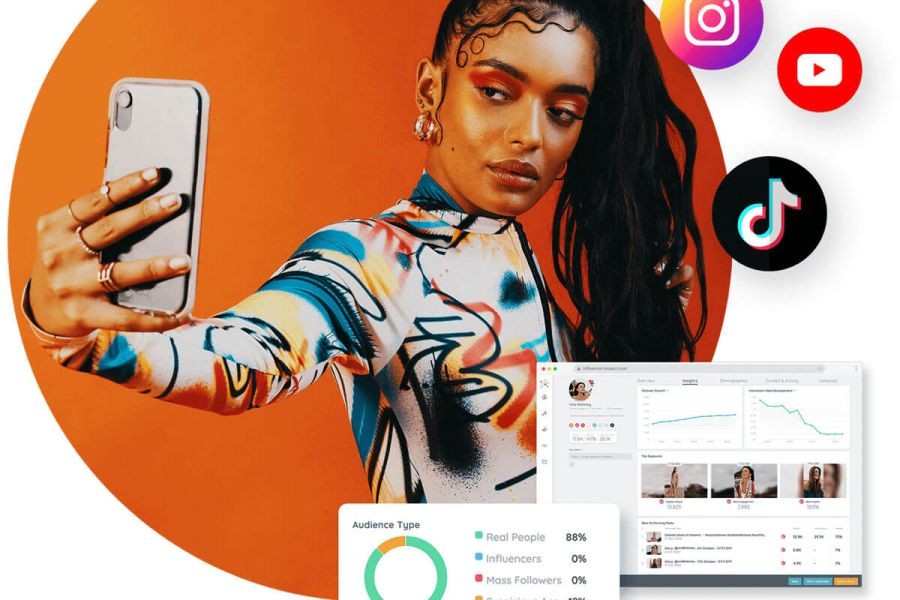



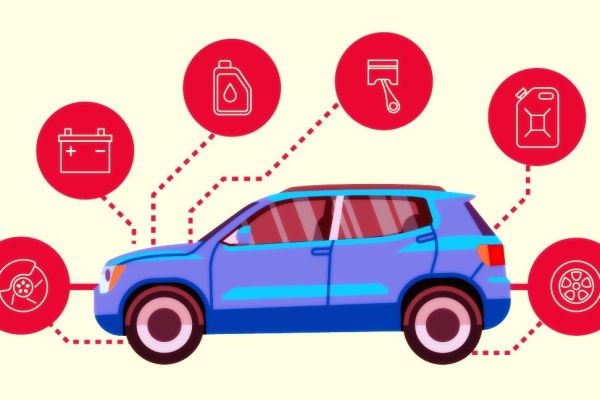





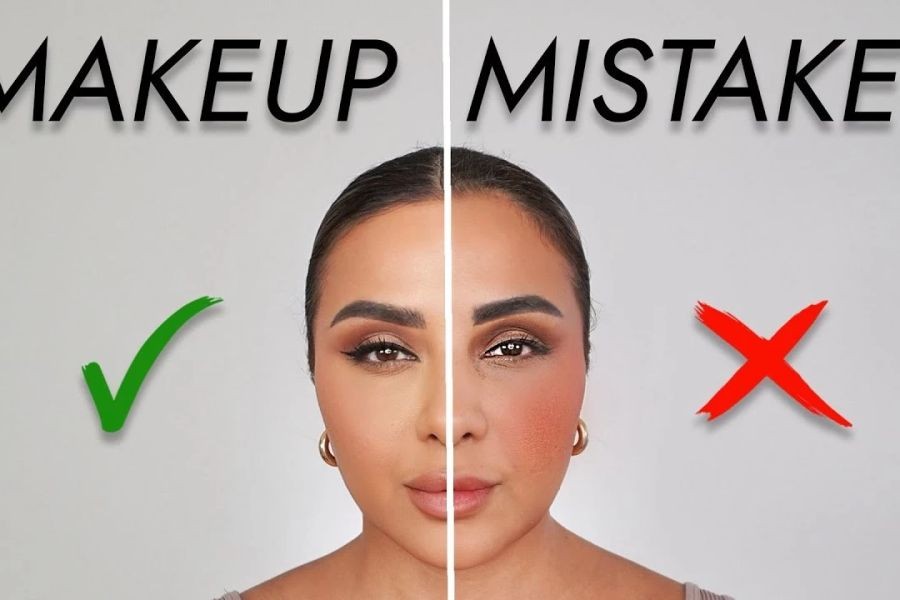



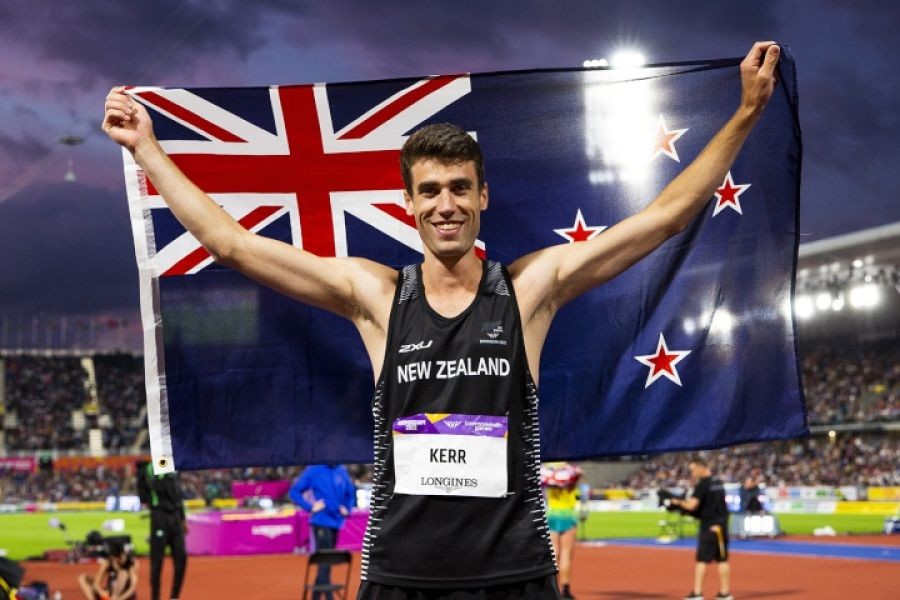

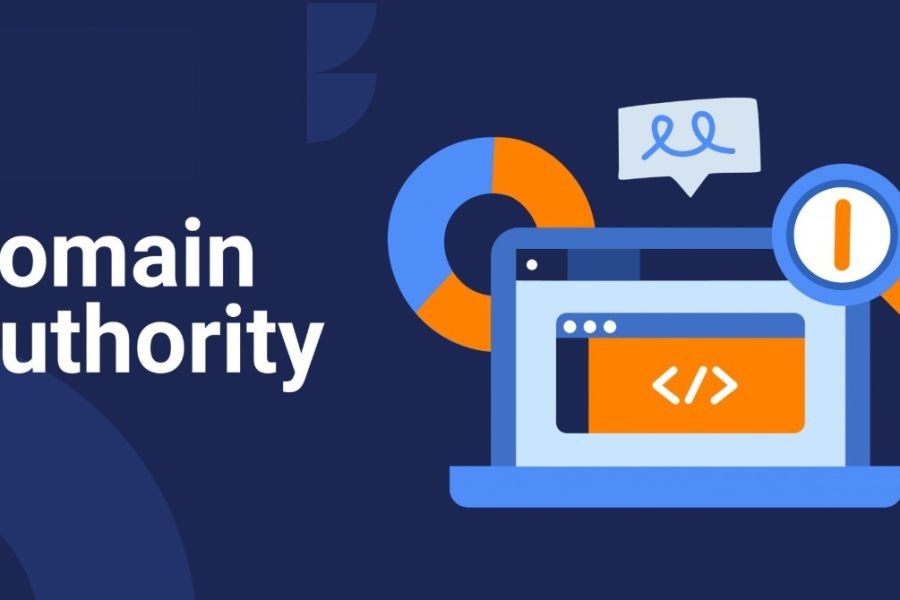

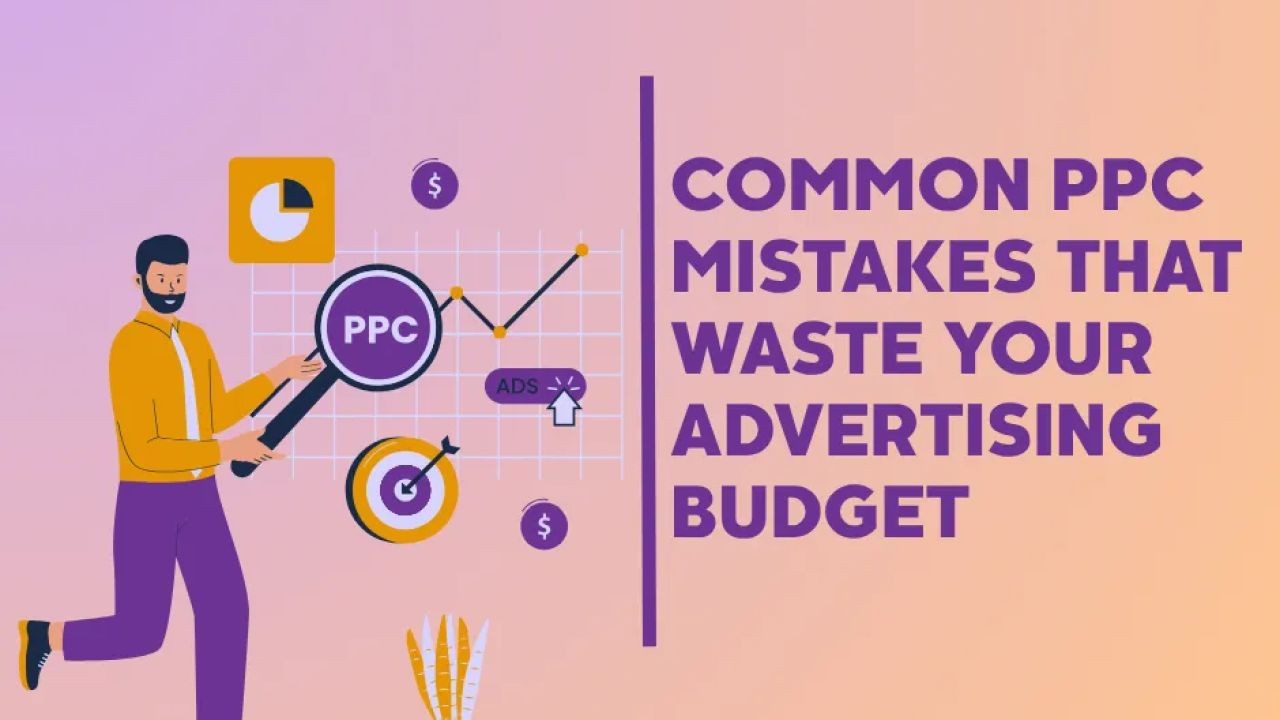







CarolynMcN
9 months ago